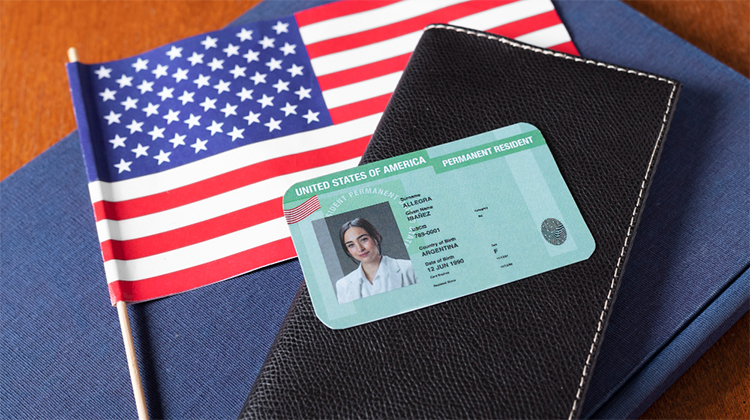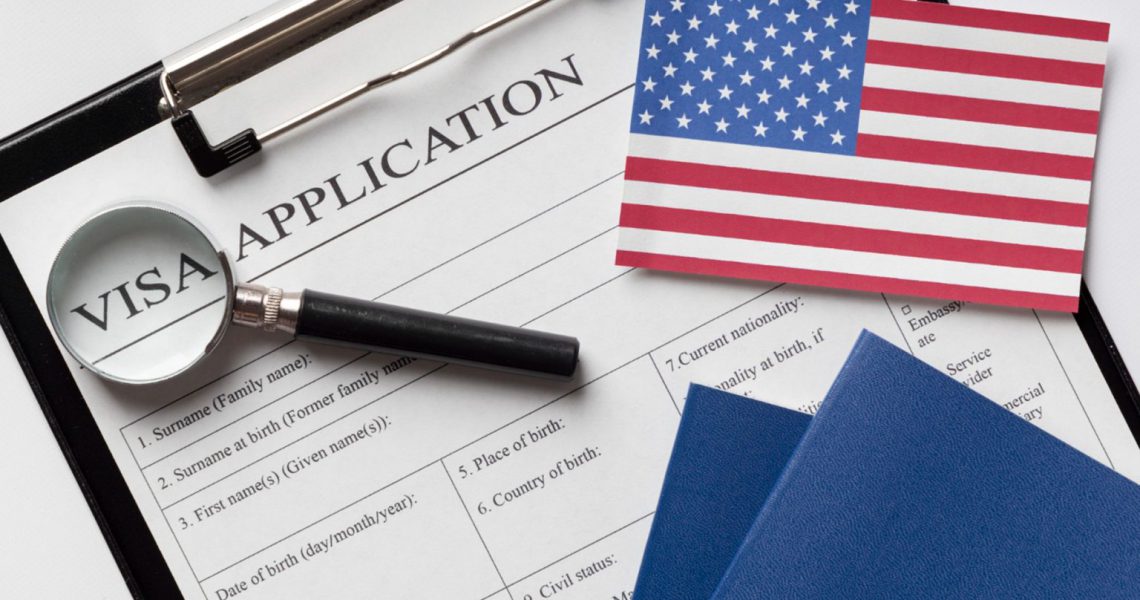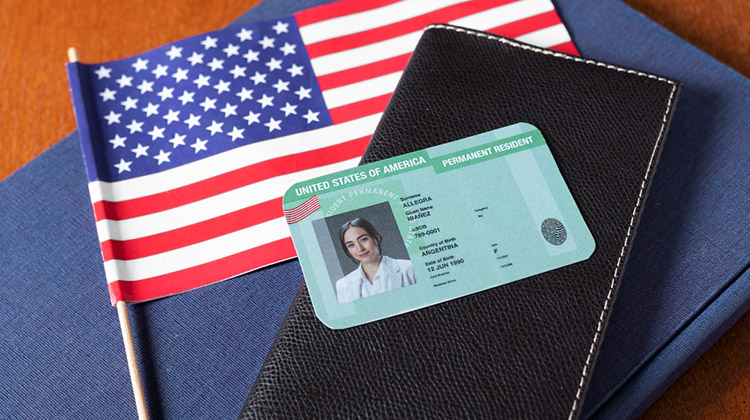The Green Card Process: A Step-by-Step Guide
Obtaining a green card is a major milestone for those seeking permanent residency in the United States. The process begins with determining your eligibility—commonly through family, employment, asylum, or special programs. Next comes the filing of a petition (usually Form I-130 or I-140) by a sponsor or employer. Once approved, you either adjust status (if inside the U.S.) or go through consular processing (if abroad). You’ll then undergo biometrics, attend an interview, and complete a medical exam.
If successful, you’ll receive your green card in the mail. The process may take several months to years, depending on the category and backlog. It’s crucial to file correctly and respond promptly to USCIS requests. Having legal guidance ensures accuracy and improves your chances of success. Let our team assist you at every step of the journey.
Common Immigration Visa Types and Their Requirements
The U.S. immigration system offers a variety of visa types, each with specific purposes and eligibility criteria. Family-based visas (like IR or F categories) allow relatives of U.S. citizens or green card holders to immigrate. Employment-based visas (H-1B, L-1, O-1) are for skilled workers, executives, and individuals with extraordinary abilities. Investor visas (E-2, EB-5) require substantial capital investment in a U.S. business. Student visas (F-1) allow international students to pursue education, while tourist visas (B-2) permit short visits.
Each visa requires supporting documentation, proof of eligibility, and compliance with USCIS or consular processing rules. Errors or incomplete filings can result in delays or denials. That’s why it’s essential to choose the right visa and prepare your case carefully. Our experienced immigration attorneys can help you navigate the options and submit a strong application.
Immigration Challenges and How to Overcome Them
Immigrating to the U.S. is a dream for many, but the path can be filled with legal and emotional challenges. Common obstacles include visa denials, delays in USCIS processing, incomplete documentation, or inadmissibility due to prior violations. Some applicants face uncertainty due to changing immigration policies or fear of deportation. Others struggle with language barriers, adjusting to a new culture, or proving financial stability.
The key to overcoming these challenges lies in preparation and professional support. Having a skilled immigration attorney can make a significant difference—ensuring your paperwork is complete, representing you in court if needed, and keeping you informed of your rights. Our firm helps individuals and families navigate setbacks with compassion and strategy. We believe every immigration journey deserves a fair chance. Let us help you move forward with clarity and confidence.
Understanding the Green Card Process: Steps and Processing Time
Obtaining a U.S. green card is a multi-step process that varies based on the applicant’s category. Most applicants qualify through family sponsorship, employment, or asylum. The first step is filing the appropriate petition with U.S. Citizenship and Immigration Services (USCIS).
After approval, applicants must either adjust their status (if they are in the U.S.) or go through consular processing (if applying from abroad). This stage includes biometric screenings, medical exams, and an in-depth background check.
Processing times vary widely based on visa category and USCIS workload. Some cases are processed within months, while others take years. Immediate relatives of U.S. citizens often receive priority, while employment-based applicants may wait longer due to numerical limits.
Working with an immigration attorney can help streamline the process, ensuring that all forms are filed correctly and that applicants avoid unnecessary delays.
Common Reasons for U.S. Visa Denials and How to Avoid Them
Getting a U.S. visa denial can be frustrating, but understanding the common reasons for rejection can help prevent it. One of the primary reasons is incomplete or incorrect documentation. Always double-check that all forms are correctly filled out and supported by proper evidence.
Another common issue is insufficient proof of ties to your home country. Applicants must demonstrate strong family, employment, or financial connections that ensure their return after visiting the U.S.
Financial instability is also a major concern. If you cannot show that you have enough funds to support yourself during your stay, your visa may be denied. Additionally, prior immigration violations, criminal history, or inconsistencies in your interview responses can lead to rejection.
To avoid these pitfalls, consult an immigration attorney before applying. They can help strengthen your application, ensuring you meet all requirements for approval.
How to Prepare for a U.S. Visa Interview Successfully
The U.S. visa interview is a critical step in obtaining approval for entry into the country. To prepare, ensure you have all required documents, such as your passport, visa application confirmation, financial statements, and supporting evidence. Dress professionally and arrive early at the consulate or embassy.
Be ready to answer questions honestly about your travel purpose, financial stability, and ties to your home country. Confidence and clear communication are key to making a good impression.
It’s also crucial to review common visa interview questions beforehand. If you’re applying for a work visa, be prepared to discuss your job offer and employer details. Family-based visa applicants should expect questions about their relationships.
If your visa is denied, don’t panic. You may be eligible to reapply or appeal. Consult an experienced immigration attorney to explore your options and improve your chances of success.






